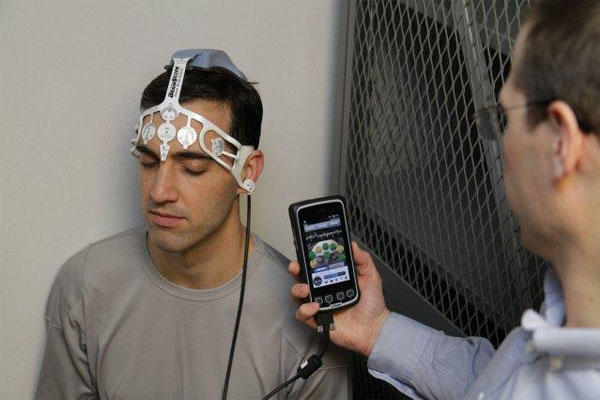The Department of Veterans Affairs' benefits evaluation system for service-connected head injuries ignores several symptoms associated with traumatic brain injury (TBI) and should reflect the most updated medical knowledge, according to a report released Wednesday.
In a review of the VA's process for evaluating and awarding disability compensation for TBI, a National Academies of Sciences, Engineering and Medicine panel said the overall process should be made clearer to patients and include input from providers trained in recognizing TBI.
The panel found that the Veterans Benefits Administration (VBA) has taken "great pains to train its raters ... to accurately and reliably rate a disability." But it said the process, which involves filing a claim and a review known as a compensation and pension (C&P) examination that may include a disability benefits questionnaire (DBQ), has shortcomings.
Specifically, the panel said, the TBI questionnaire lacks an assessment for three symptoms strongly associated with TBI: insomnia, vestibular dysfunction and near-vision impairment.
Also, the questionnaire does not take into account some basic medical understanding of how TBI symptoms may manifest, adding to the disability.
The panel recommended that the VA update the DBQs to include the three symptoms and regularly update its rating schedule to reflect the most updated medical information.
More than 384,000 U.S. troops have been diagnosed with TBI since 2000, with injuries ranging from mild to severe and penetrating, or head trauma caused by penetration of an object. The effects of head injuries, including concussions, may be cumulative, and symptoms can appear long after the injury or later in life.
The panel, made up of medical experts and researchers, said the VA should allow any health care professional who has had extensive, recent training and experience treating TBI to diagnose patients, and not just the four specialties currently allowed to do so within VA -- neurologists, neurosurgeons, physiatrists and psychiatrists.
It is the training -- and not the diagnosis -- that "renders a health care provider capable of an accurate diagnosis," members wrote in the report.
The panel also recommended that the VA shift from focusing on ensuring consistency across the rating evaluations process, and instead pay more attention to outcomes. And members suggested that the VBA be more transparent about the adjudication process with claims applicants -- a recommendation that veterans, who in the past have expressed frustration over the lack of communication and transparency from adjudicators, are likely to support.
Panel members said they'd like to see veterans given access to their compensation and pension exam results as documented in the questionnaire and details on any additional materials requested by the VBA.
"The committee found that transparency was inadequately appreciated as a goal by" VA employees, members noted.
The report, Evaluation of the Disability Process for Traumatic Brain Injury in Veterans, was ordered by Congress in 2016. Dr. Dan Blazer, professor of psychiatry emeritus and chair of the committee, said the recommendations, if followed by the VA, would "have the greatest impact on improving the outcomes for veterans."
"Our scientific understanding of TBI has increased dramatically in recent years. ... The implementation of our report's recommendations will represent a fundamental enhancement in the methods used by the VA to ensure the quality of its evaluations for TBI," Blazer said in a news release accompanying the report.
-- Patricia Kime can be reached at Patricia.Kime@Miltiary.com. Follow her on Twitter at @patriciakime.












